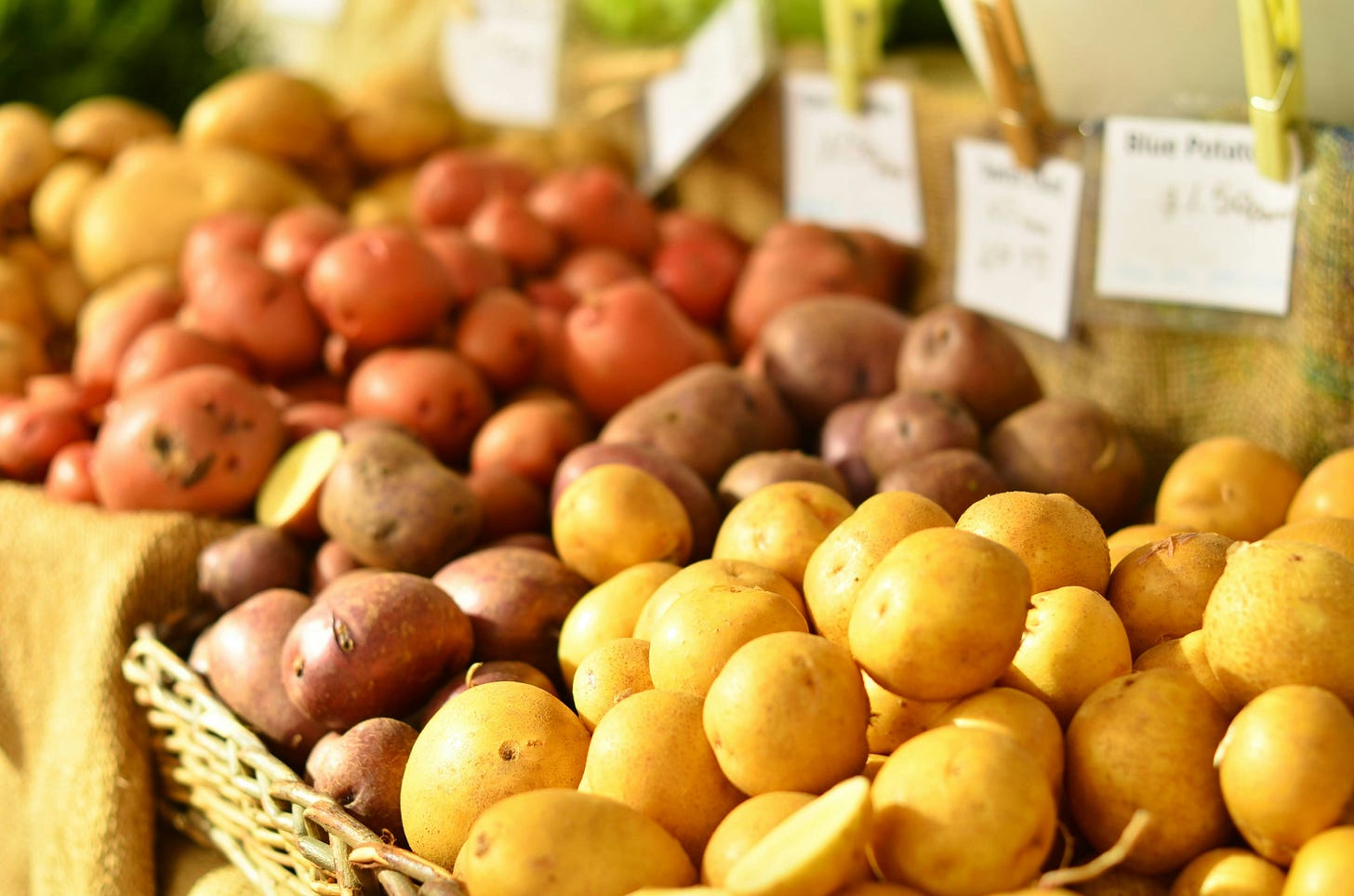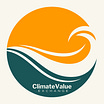Leaders call for food security moonshot
Warning of a looming hunger catastrophe that will affect every region of the world, 153 winners of Nobel Prizes and the World Food Prize are calling for major investment in new food systems research.
153 winners of Nobel Prizes and the World Food Prize have signed an open letter calling for early action to prevent a global hunger catastrophe. The letter opens with these words:
“Today, 700,000,000 people are food insecure and desperately poor. About half that number don’t know where their next meal is coming from. And 60,000,000 children under the age of five are stunted—cognitively and physically impaired for life—due to nutritional deficiencies.”
This extreme level of global food insecurity affects every region of the world. Even in the United States, food insecurity is widespread, affecting roughly one in seven households. An estimated 47 million people live in those food-insecure households, including 14 million children. In some parts of the country, one in four children experience food insecurity.

The COVID-19 pandemic created major supply disruptions and adverse economic conditions that spread both extreme poverty and acute food insecurity around the world. Conflict is another driver of food insecurity, and is affecting sensitive regions, like Ukraine, that provide grain to much of the developing world.
The laureates’ letter also warns that:
“Climate change is projected to decrease the productivity of most major staples when substantial increases are needed to feed a world which will add another 1.5 billion people to its population by 2050.”
As major climate patterns are disrupted, dislocated, or broken by global heating, regions that have long been the most productive for agriculture are seeing biodiversity loss, soil depletion, water scarcity, loss of pollinators, and chemically induced land degradation, due to the overuse of fertilizers to compensate for the adverse growing conditions.
These factors will reduce productivity further, even as the global population expands and demand surges. There is rising concern about the potential impact of simultaneous harvest failure in more than one major food-growing region, as climate disruption and nature loss accelerate.
With many regions either using unsustainable industrial practices or traditional methods not easily adaptable to the new climate and market pressures, a global surge in agricultural innovation and cooperation is needed. The scale of the challenge, however, and the reality of new geophysical conditions, means a major investment in scientific research will be required.
One of the complexities of that need is that basic research does not always produce the expected results.
Another is that the results might produce new insights that are even more promising and useful than those sought. Not every institution, or legal or economic system, is able to assimilate and utilize such discoveries.
And, there is the question of stakeholder participation: Tens of millions of small-scale farmers around the world need new information, new tools, and to be consulted and empowered.
This means advanced research must target new techniques throughout the food system value chain, and to enable widespread adoption of new, more sustainable practices, with local economic benefits.
The laureates’ letter calls for “food security moonshots” to support “transformational efforts across the food value chain, from inputs to production to the postharvest phase.”
The ‘moonshot’ concept is important here, because of the urgency, the atmosphere of challenge, and the resolute ambition it suggests. It is a reference to President John F. Kennedy’s world-changing pronouncement in a May 1961 address to a joint session of Congress, that:
“this nation should commit itself to achieving the goal, before this decade is out, of landing a man on the moon and returning him safely to the earth.”
In his speech at Rice University in Houston, on September 12, 1962, Kennedy took pains to set a context of moral and practical leadership for the massive national effort to reach the Moon, saying:
“We set sail on this new sea because there is new knowledge to be gained, and new rights to be won, and they must be won and used for the progress of all people.”
The food security moonshot letter emphasizes the importance of exploring multiple major innovation strategies simultaneously, and warns that “Reversing our current trajectory towards a tragic mismatch of global food supply and demand by mid-century requires definitive action now.”
Some of the research needed will relate to food production and land use; some will relate to new strategies for enhancing nutritional content, and some will relate to business models, financing strategies, and policies designed to shape national food systems, to ensure access and affordability. There will be competition between those seeking technological and biochemical innovation and those seeking to leverage nature and fully natural sustainable methods to achieve needed food security gains.
All of this must take place quickly, at unprecedented speed, and without sacrificing the project of rebuilding the health and resilience of natural systems on which agriculture and human health depend.
Related:
Why polycrisis matters to you
The COVID-19 pandemic was a shock event, creating conditions of extraordinary emergency and disruption around the world. Many of us remember the year 2020 as a time of uncertainty, peril, fear, loss, and in good cases, cooperation. The pandemic also gave rise to a new term—polycrisis—






